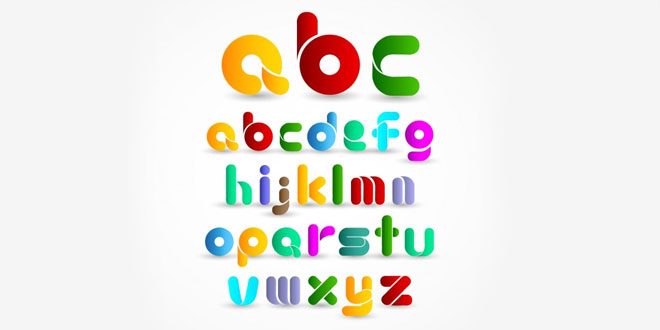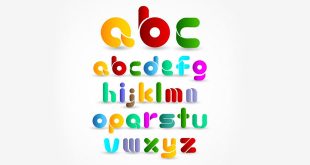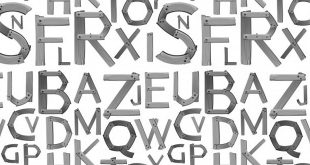If you are interested in learning more about abstract nouns and some of its example, look below.
Examples
| Ideas / Concepts / Events | Traits / Attributes | Emotions / Feelings |
| Dreams | Loyalty | Love |
| Knowledge | Pride | Hatred |
| Sale | Reliability | Loneliness |
| Behaviour | Wisdom | Shock |
| Justice | Fairness | Enthusiasm |
| Liberty | Elegance | Thrill |
| Nature | Energy | Anger |
| Omen | Stupidity | Peace |
| Laughter | Strictness | Happiness |
| Crime | Width | Pride |
| Faith | Speed | Sympathy |
| Speculation | Courage | Ego |
| Enhancement | Honesty | Adoration |
| Power | Success | Mercy |
| Beliefs | Integrity | Worry |
| Manhood | Ability | Hope |
| Thoughts | Bravery | Hunger |
| Opportunity | Perseverance | Joy |
| Luxury | Freshness | Sensitivity |
| Opinion | Compassion | Infatuation |
| Performance | Uniqueness | Deceit |
| Peculiarity | Strength | Jealousy |
| Failure | Charity | Curiosity |
| Culture | Self-Control | Sophistication |
| Law | Misery | Thirst |
| Brotherhood | Maturity | Wariness |
| Dedication | Wit | Hurt |
| Information | Redemption | Ire |
| Trust | Pain | Annoyance |
| Friendship | Brilliance | Wrath |
| Education | Warmth | Pleasure |
| Relaxation | Skill | Envy |
| Progress | Deceit | Revenge |
| Trouble | Beauty | |
| Hospitality | Graciousness | |
| Relationships | Confidence | |
| Communication | Leadership | |
| Sleep | Weakness | |
| Principle | ||
| Marriage | ||
| Religion |
Suffixes Used For Abstract Nouns
- -tion
- -ism
- -age
- -ness
- -ment
- -ity
- -ance/-ence
- -ability
- -acy
- -ship
Abstract Nouns vs. Concrete Nouns
- It is important to understand the actual difference between the two forms of nouns, as they can be commonly confused. Consider this statement: Politicians were fighting for ‘the chair’. What kind of noun do you think ‘chair’ falls under? Yes, abstract since ‘the chair’ here, does not refer to the furniture. Instead, it is the power associated with the position that cannot tap our five senses.
- Child is a concrete noun whereas childhood is an abstract noun. It is understood that a child is a physical being while childhood is an intangible state that cannot be tasted or touched.
- Even in writing, there comes a danger of abstraction being misunderstood due to the various meanings it conveys to different people. For instance, the words ‘good taste’ can mean anything ranging from actually a nice tasting thing to being interesting, and from modern to simple. Therefore, the usage of concrete nouns to support any references to abstract nouns is suggested. Lesser vague entities and clearer, more concise nouns are preferred in a sentence. Concrete nouns are used as metaphors so as to help the reader envision the idea that is being conveyed. Example: Happiness is like a soft bunny. Here, happiness (abstract) is being compared to a soft bunny (concrete) so as to give the former noun more significance.
From the above article, it can be deciphered that abstract nouns are normally non-countable (mass), although some can be counted. They may exist in both singular and possessive forms and follow the rules of English grammar.
 Class Notes NCERT Solutions for CBSE Students
Class Notes NCERT Solutions for CBSE Students


